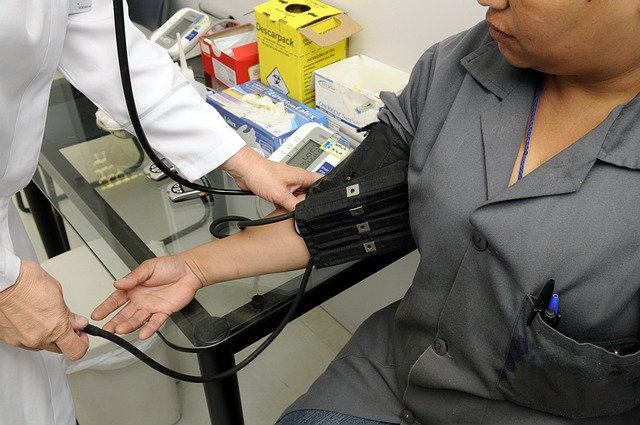Medical Checkup: What to Expect and How to Prepare
A medical checkup is a routine interaction with healthcare professionals designed to evaluate current wellbeing, identify risk factors, and update preventive care. Whether scheduled at a clinic, a hospital, or with a private doctor, a checkup typically combines a conversation about symptoms and lifestyle with physical examination and, when appropriate, basic tests. Understanding what a checkup involves can reduce anxiety, help you prepare questions, and make the visit more productive for your long‑term health.

Doctor: What will the doctor ask and assess during a checkup?
During a checkup your doctor will review your medical history, current medications, family history, and any symptoms you report. Expect questions about lifestyle factors such as diet, exercise, alcohol, and tobacco use, and about mental health or sleep. The doctor will perform a focused physical exam — checking vital signs like blood pressure, heart and lung sounds, and possibly basic neurologic or musculoskeletal assessments. This conversation helps the doctor determine which medical tests or referrals are appropriate and to tailor preventive advice to your circumstances.
Hospital: When might a hospital visit be necessary instead of a clinic?
Most routine checkups take place in outpatient clinics or primary care offices, but a hospital visit can be necessary for more comprehensive assessments or when specialized testing is required. If your primary care doctor suspects a complex condition that needs imaging (like CT or MRI), specialist consultation, or inpatient monitoring, they may refer you to hospital services. Hospitals also coordinate multidisciplinary care for chronic conditions, post‑operative follow‑up, or when rapid diagnostic workup is needed. Discuss local services available in your area with your primary doctor to understand where to go for advanced testing.
Medical: Which tests and screenings are commonly part of a checkup?
Common medical tests during a checkup include blood pressure measurement, blood tests (complete blood count, metabolic panel, lipid profile), urine analysis, and sometimes screening for diabetes or thyroid function. Depending on age, sex, and risk factors, additional screenings may include mammography, colon cancer screening, bone density testing, or cardiovascular assessments. Vaccination status is also reviewed and updated as needed. The exact mix of tests is individualized based on guidelines, personal risks, and previous results, so bring any prior test results or summary records to help the clinician make informed choices.
Checkup: How often should you schedule routine medical checkups?
The frequency of medical checkups depends on age, existing conditions, and risk factors. For generally healthy adults, annual or biennial visits are common for preventive care and screening updates. People with chronic illnesses, medication requirements, or ongoing risk factors may need more frequent follow‑up — sometimes every three to six months. Younger adults with no risk factors might require less frequent in‑person visits but should maintain a relationship with a primary care provider to address new concerns. Ask your doctor what interval aligns with your health profile and local services available in your area.
Health: How to prepare for a checkup and follow up afterward
To get the most from a checkup, prepare a concise list of symptoms, medications (including supplements), past medical events, and family history. Bring any relevant medical records or recent test results and note specific questions or goals (for example, weight management or blood pressure control). Follow any pre‑visit instructions such as fasting for blood tests. After the visit, follow prescribed treatment plans, schedule recommended screenings, and track outcomes like blood pressure or blood sugar. Communicating with your doctor about barriers to care — transportation, cost, or social factors — helps align care with your overall health needs.
This article is for informational purposes only and should not be considered medical advice. Please consult a qualified healthcare professional for personalized guidance and treatment.
In summary, a medical checkup is a structured opportunity to review your health, update preventive care, and address new concerns with a doctor or clinic team. Knowing what to expect at a hospital visit versus a clinic, which medical tests may be suggested, how often to be checked, and how to prepare can make appointments more effective. Maintain regular follow‑up and keep records of screenings and results to support long‑term health management.




